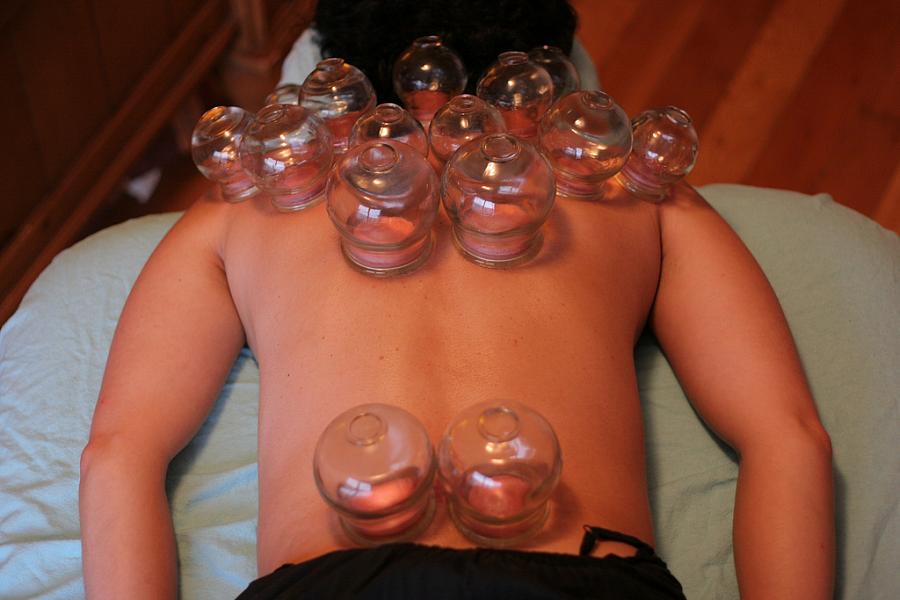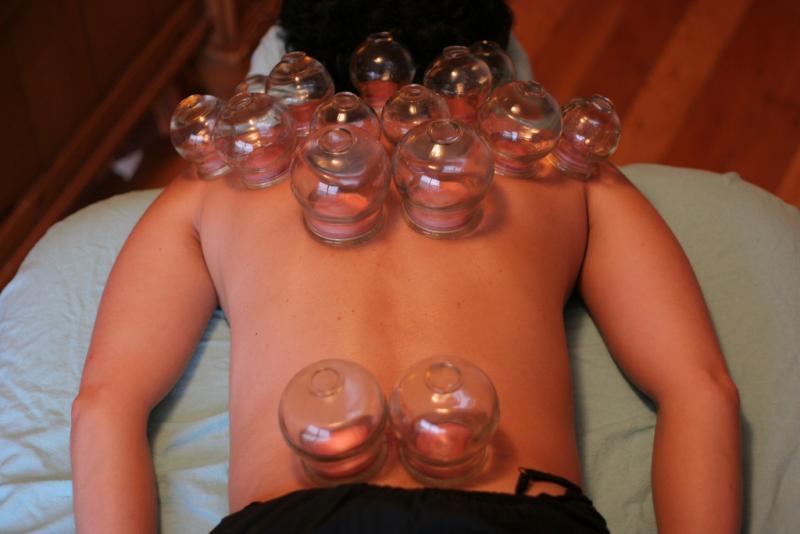Paul Offit in JAMA: Why Are We Funding Misguided Research on Alternative Medicine?

 Infectious disease specialist and vaccine expert Dr. Paul Offit has been called many names, few of them printable, in his professional capacity as one of the leading critics of the anti-vaccine movement. His latest public salvo, this time against alternative medicine, is likely to elicit similar criticism from the lucrative alternative medicine industry.
Infectious disease specialist and vaccine expert Dr. Paul Offit has been called many names, few of them printable, in his professional capacity as one of the leading critics of the anti-vaccine movement. His latest public salvo, this time against alternative medicine, is likely to elicit similar criticism from the lucrative alternative medicine industry.
So be it. He's doing brave work.
In an essay published in this week's issue of the Journal of the American Medical Association, Offit argues that most taxpayer-funded research on alternative medicine is misguided and that the National Center for Complementary and Alternative Medicine (NCCAM) should stop trying to test bogus alternative treatments or start looking harder at the placebo effect, which has been cited as a primary reason why consumers believe alternative medicine works. Noting that NCCAM's annual budget has grown to $130 million annually, Offit writes:
U.S. taxpayers have a right to ask whether money appropriated for NCCAM-like money appropriated for all centers within NIH-has been well spent
many studies funded by NCCAM lack a sound biological underpinning, which should be an important requirement for funding. For example, NCCAM officials have spent $374,000 to find that inhaling lemon and lavender scents does not promote wound healing; $750,000 to find that prayer does not cure AIDS or hasten recovery from breast-reconstruction surgery; $390,000 to find that ancient Indian remedies do not control type 2 diabetes; $700,000 to find that magnets do not treat arthritis, carpal tunnel syndrome, or migraine headaches; and $406,000 to find that coffee enemas do not cure pancreatic cancer. Using rigorously controlled studies, none of these therapies have been shown to work better than placebo.
Because negative studies do not appear to change behavior and because studies performed without a sound biological basis have little to no chance of success, it would make sense for NCCAM to either refrain from funding studies of therapies that border on mysticism such as distance healing, purgings, and prayer; redefine its mission to include a better understanding of the physiology of the placebo response; or shift its resources to other NIH institutes.
Ouch. The science blogger Orac, who's been criticizing NCCAM for years, was gleeful in his reaction, arguing that Offit didn't go far enough.
When it comes to NCCAM I suggest nuking the entire center from orbit. It's the only way to be sure.
He said he was kidding, but still.
Offit's incendiary op-ed made surprisingly few headlines in mainstream media, although the Los Angeles Times' Karen Kaplan blogged about it. Written reaction from the alternative medicine establishment seemed nonexistent.
The lack of debate puzzles me, particularly since the Pentagon is embracing alternative medicine for injured soldiers and Americans are spending $34 billion annually on alternative treatments.
Do elected officials want to avoid antagonizing the alternative medicine industry? Is it because NCCAM's $130 million annual tab is an insignificant part of the federal budget?
Political battles have raged over health programs costing far less.
Related Content:
Covering Alternative Medicine: Tips from a "Show Me the Evidence" Journalist
Blogging and Pseudoscience in "Contagion": Orac's View
Photo credit: SuperFantastic via Flickr

